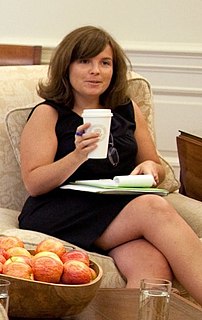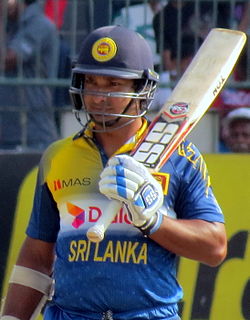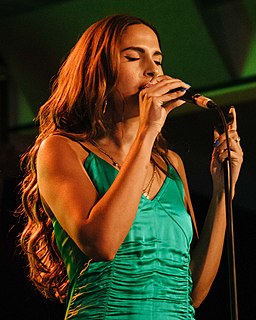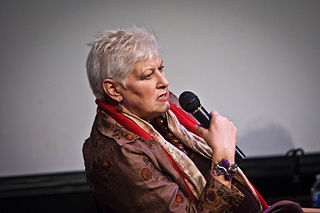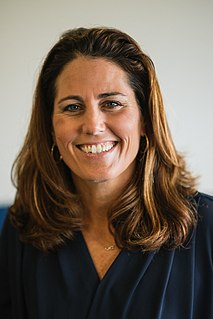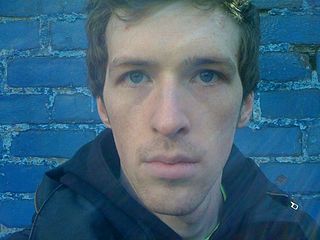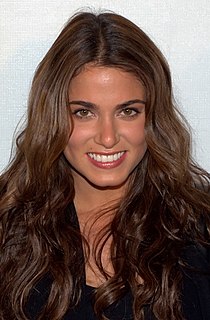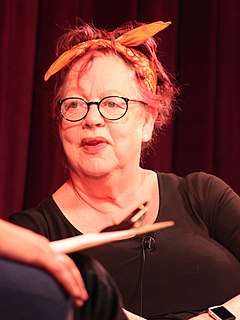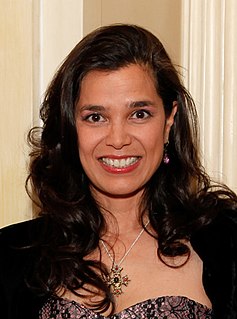A Quote by Alyssa Mastromonaco
I didn't have a ton of role models back in 1998. So, when I was looking to get in, it was really just looking up at all the men who were out there. When you're not seeing women - when you're breaking into anything - it's like, "Well, this is what the men do and how they act, so we're going to just emulate that behavior."
Related Quotes
Now, revealing that you're a keeper is no guarantee that this guy won't just walk away. Some men really are just sport fishing and have no intention of doing anything more than throwing back the women they bed. If this is the cae with this man, then let him walk-what do you care? He's not the guy you're looking for.
I have a theory about American men -- I think they think women are boys who don't know how to throw a ball very well. American women are forced into the role of being men without penises, of being men who haven't quite been able to make it. If women don't want to be pussycats, then they get forced into the role of being almost as good as men. Which is lousy.
God is looking for women and men who are full on for Him... people who have abandoned their own program and are just looking for how they can use their unique talents and abilities to further God's activities and programs in this world. These are the people God will tap on the shoulder and say, “Come with me and we're going to do something great in your lifetime. Come, we're going to do this together.
In assembling this group of portraits of women, I'm aware that I'm treading on dangerous ground. When I was in college, I learned to be distrustful of men's depictions of women. I remember seeing Garry Winogrand's book Women Are Beautiful in the school library and being shocked that it hadn't been defaced for its blatant objectification of women. But looking back, maybe I was too harsh. Whether one photographs men or women, it is always a form of objectification. Whatever you say about Winogrand, his depiction was honest.
As far as leadership goes, it's important to know that we don't have to act like men to be leaders. Since men have been all we have had to look to as examples of leaders, that's how we think we have to act. But generally that's not how we have to act. We just have to act like ourselves. We do have to maintain a collaborative spirit. Also, at the end of the day you do have to step into your own power and say, "Okay, I've listened to all of these different opinions, advice, and so forth, but I am deciding this and this is how we are going to go."
